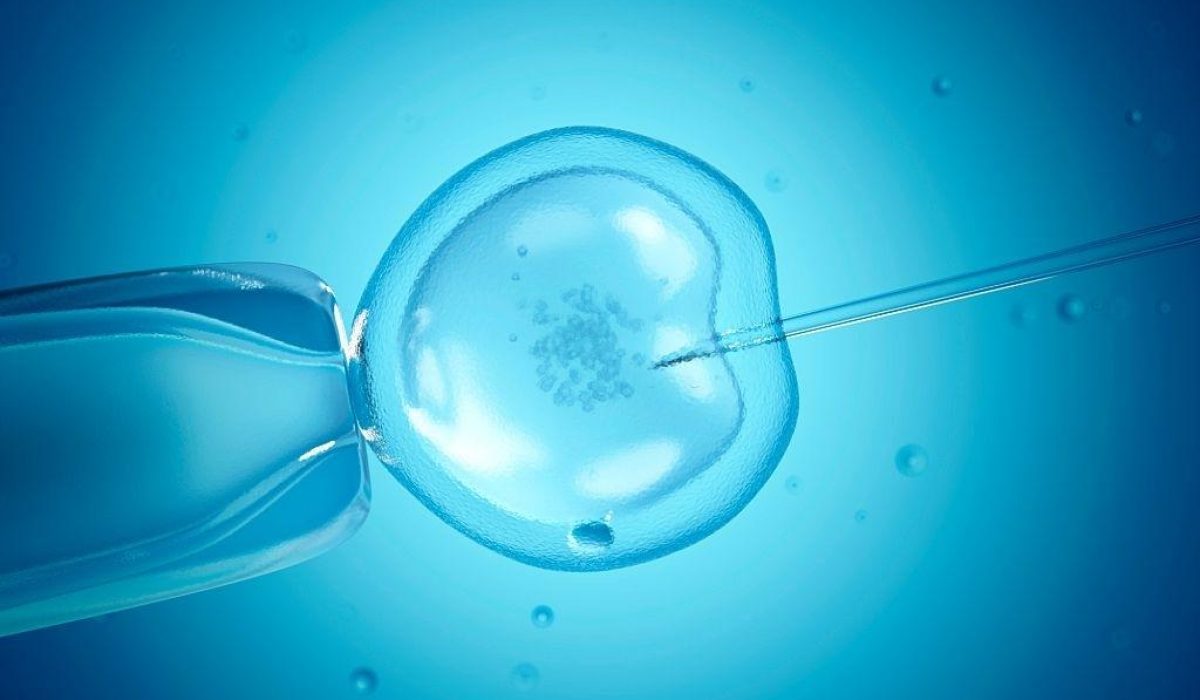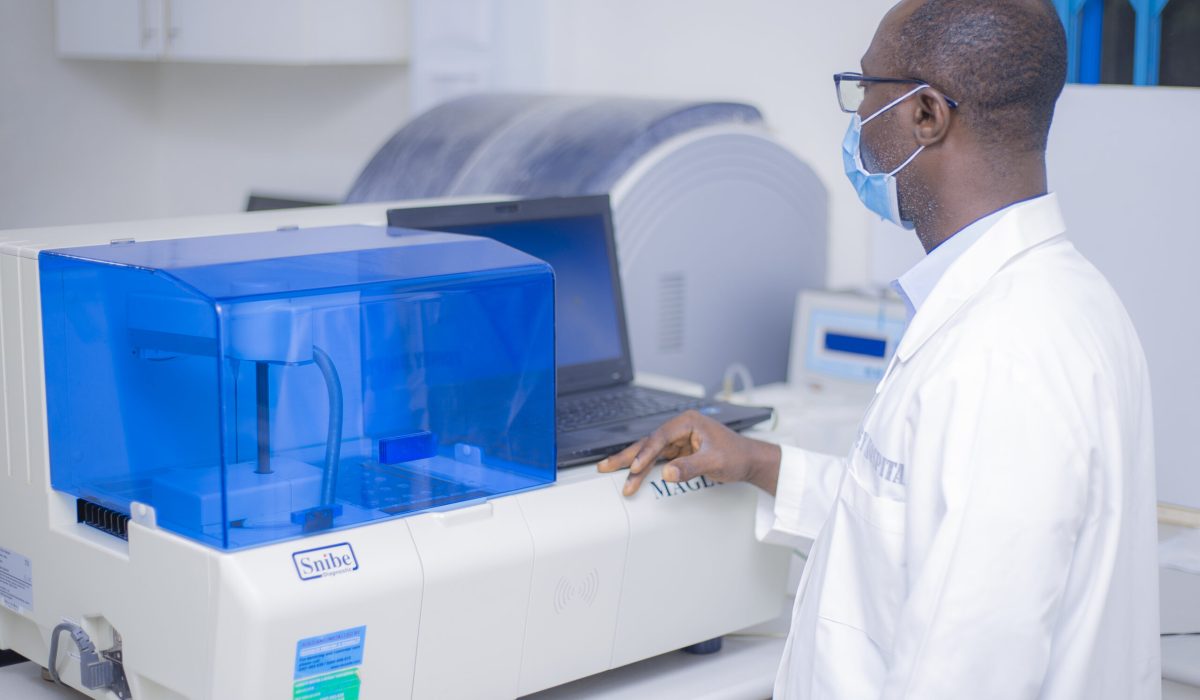Medical Specialities
Additional Services
- Gynaecology
The Finney Hospital Gynaecology Clinic is fully equipped to provide the full range of diagnostic services, including hysteroscopy and colposcopy. As well as dealing with general gynaecological problems, the clinic offers specialist advice and management of abnormal cervical smears, ovarian cysts, ovarian screening and endometriosis. Should further treatment be required, the hospital has a fully equipped day surgery theatre where the full range of minimal access procedures (both hysteroscopic and laparoscopic) can be carried out.
- Hysteroscopy
A hysteroscopy is a procedure to look at the inside of the uterus (womb) using a small telescope (hysteroscope) usually following abnormal bleeding. It is common for a biopsy to be performed at the same time (which involves removing a small piece of the lining of the womb). A hysteroscopy is typically used to identify one of the following conditions:



- Fibroids (an overgrowth of the muscle of the womb)
- Polyps (a small skin tag that looks like a small grape on a stalk)
- Endometrial cancer (a malignant growth in the lining of the womb)
- Abnormally-shaped womb –(sometimes associated with abnormal uterine bleeding or miscarriages)
97%
Babies Delivered
63%
Clinical Pregnancy Rate
38%
Live Birth Rate
68%
Live Birth Rate
- Colposcopy
A colposcopy involves using a bright light and a microscope to look at your cervix. The preparation is the same as for when you have a cervical smear. During this procedure, a solution of weak acetic acid (vinegar) is used to dab the cervix. This will then show up any abnormal cells as they will change colour. Should any abnormal cells be present, the consultant will be able to identify them and take a small biopsy to send away for further analysis. For further information, contact the outpatients department on 0302 851702.
- Andrology
The single most important factor determining a man’s fertility potential is the production of healthy sperm. A semen analysis has classically been used as the marker of this potential, by providing information about the sperm count, motility and morphology. However, there are other parameters given in a semen analysis that are often neglected or overlooked, which may indicate important pathologies – such as infection, prostatic disease, immunological infertility, retrograde ejaculation, malformation or obstruction of the genital tract, tumour, and congenital or endocrine disorders.
Early diagnosis of the male factor is important in order to detect any underlying pathology, determine the extent of infertility and ensure appropriate treatment. It may also avoid unnecessary investigations for the female partner, particularly if her age is a limiting factor.
Men who have had a vasectomy, clearance can only be given when there is no evidence of presence of sperm. It is therefore vital to ensure that results are reported according to best practice guidelines.
- Guidelines for Producing Samples
deally semen samples should be produced on-site at Finney Hospital. Patients must abstain from ejaculation for at least 2 days, but not longer than 5 days before the test. This requirement is important for semen analyses and post vasectomy analyses to ensure reliability of results. It is possible that samples that do not comply with guidelines for abstinence and collection, may not be able to be processed. All semen samples must be produced directly into the sterile containers provided by Finney Hospital.
